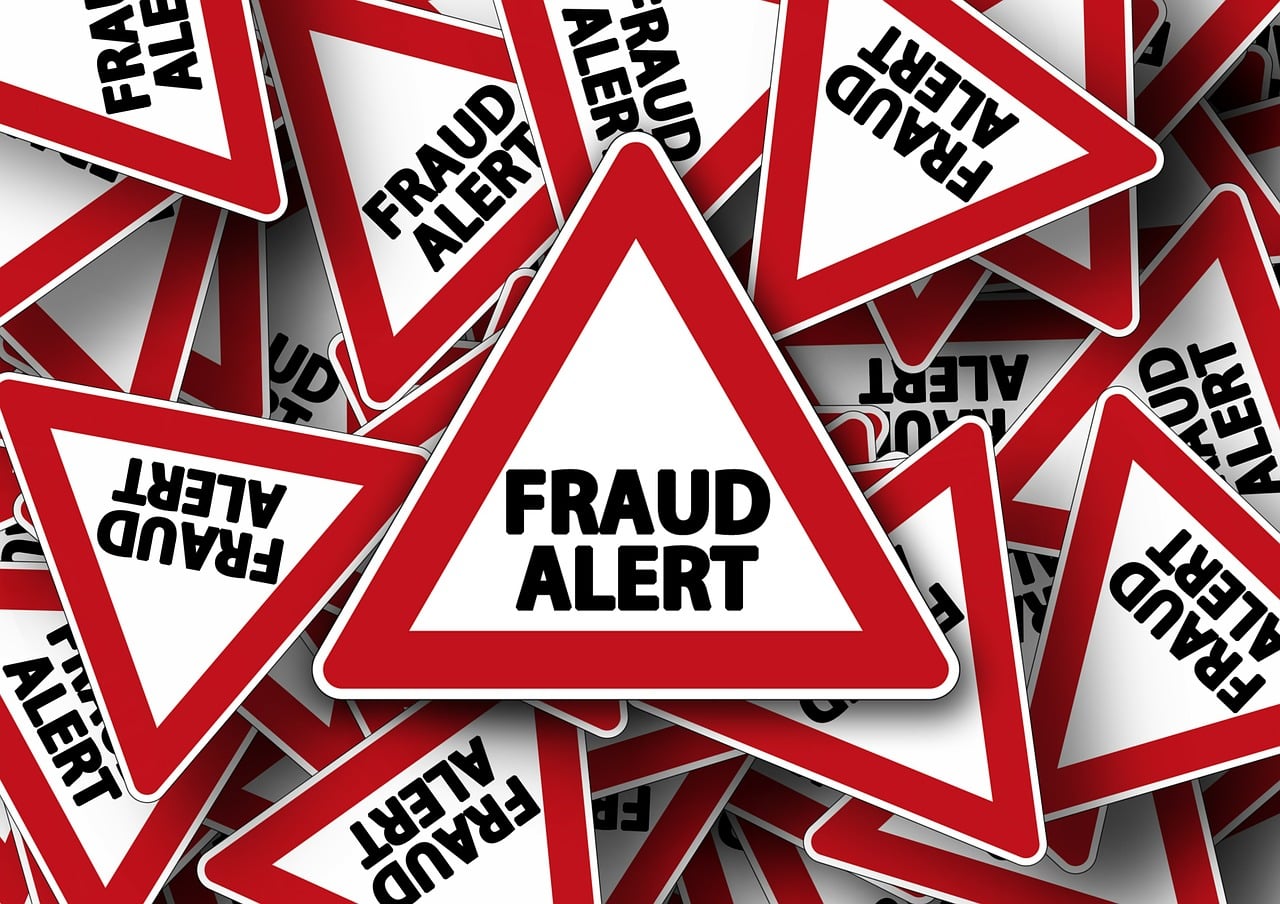It’s been more than six months since Congress approved the third stimulus checks, and millions of people have already got their money. There are, however, some eligible people that are still eagerly waiting for their stimulus checks. This is what scammers are taking advantage of by sending fake third coronavirus stimulus checks emails to people waiting for their payment.
Q3 2021 hedge fund letters, conferences and more
Congress approved the third stimulus checks of up to $1,400 in March this year. Most of the payments have already been sent, and the IRS will continue sending the payment to the remaining eligible households through the end of 2021.
Thus, those who haven’t yet got the third stimulus check are waiting for the agency to send their payment. Additionally, there are many people who believe they qualify for the third payment because they qualified for the first and second payment. However, in reality, they may or may not qualify, depending on the eligibility requirements. So, such people are also waiting for their third stimulus check.
Scammers are targeting such people by sending them fake third coronavirus stimulus checks emails, pretending it to be from the IRS. These fake emails try to lure people by promising them their third stimulus check if they click on the provided link, which as per the email will direct users to the application, notes an alert from the FTC issued last week.
However, clicking the link could enable the hacker to steal users’ personal information and money.
“But the link is a trick,” the FTC says in the alert. “If you click it, a scammer might steal your money and your personal information to commit identity theft.”
Tips To Stay Safe
According to the FTC, about 12,500 people have filed a complaint about a stimulus check related scam. Collectively, these people have lost about $17.6 million. Thus, the FTC urges people not to fall for such emails.
As per the IRS, it doesn’t “initiate contact by email, text messages or social media channels to request personal or financial information — even information related to the Economic Impact Payments.”
Further, the agency asks people to be cautious of emails with attachments, or links claiming to be related to the stimulus checks or refunds. The FTC recommends that people visit the IRS website directly to get all the information they need. Also, the agency recommends that people report such fake emails to ReportFraud.ftc.gov.
Additionally, it is important for people to know that they don’t need to take any action to get their stimulus payment. All they need to do is file their tax return before the deadline to get the payment this year.
Those who don’t generally file taxes can use the IRS Non-Filer Sign-Up Tool to submit their information to the IRS. This tool is available from the Advance Child Tax Credit page.













